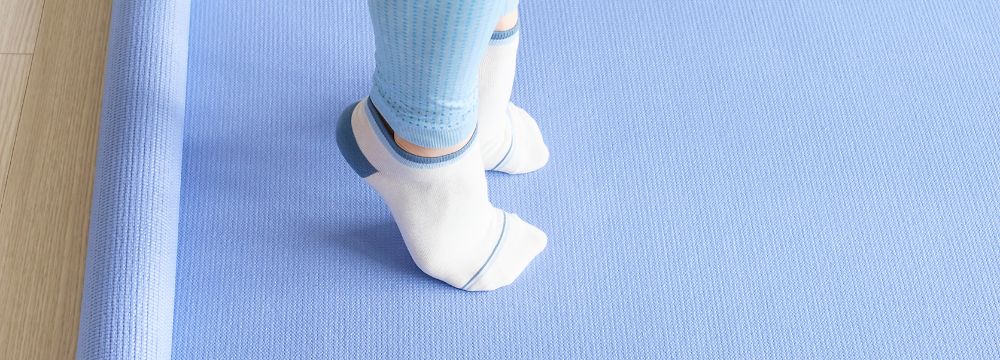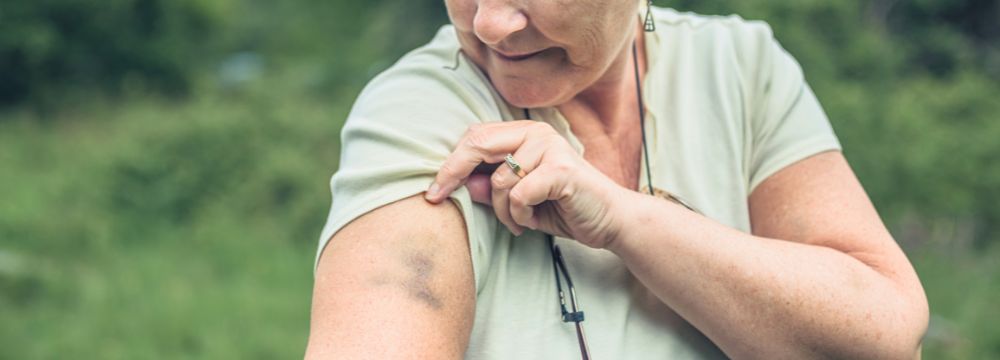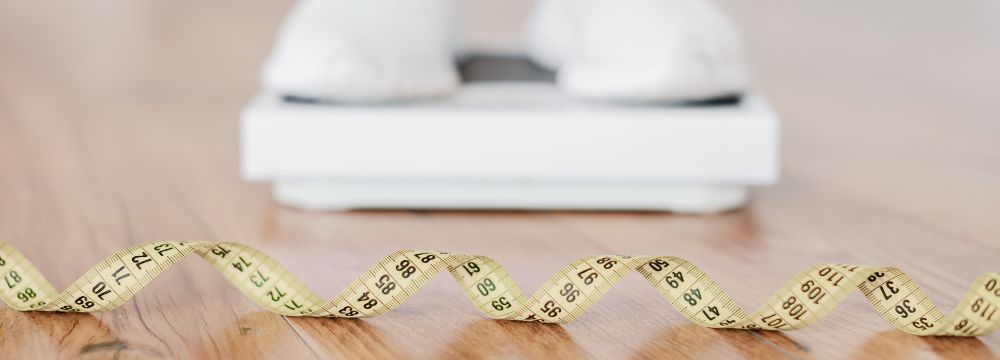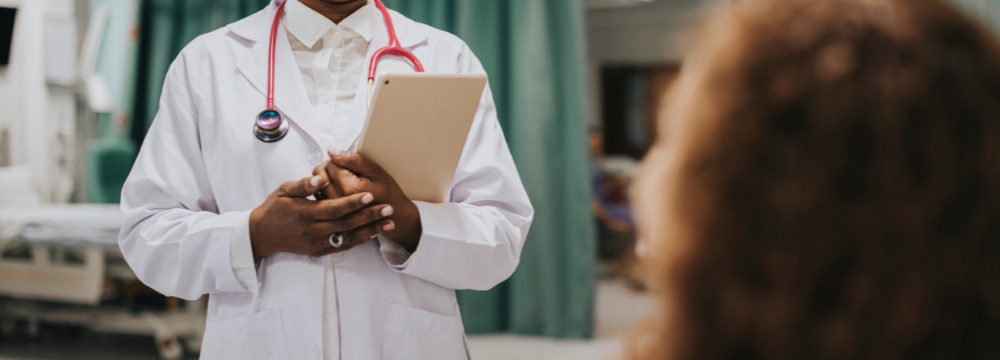Vitamin D is an incredibly important nutrient that is, unfortunately, underappreciated by the general patient population. In fact, it is estimated that up to 40% of the US population is deficient in vitamin D.
The fact is that vitamin D is a critical nutrient for our health and well-being. First, it is needed for our bodies to use and absorb calcium, this is especially important for post bariatric surgery patients who are at a greater risk of osteoporosis. Low levels of Vitamin D may also increase the risk of certain cancers, heart disease and type 2 diabetes. In addition, one of the great benefits of Vitamin D is mood improvement. Those deficient in Vitamin D have a greater likelihood of developing mood disorders including depression. Once again, important for a post bariatric patient who relies on motivation and determination to reach their weight loss goals.
Vitamin D exists in some foods; however, the primary source is sunlight – specifically the ultraviolet-b rays that we receive when out in the sun. It stands to reason that many of us have Vitamin D deficiencies as we tend to spend less time outside than prior generations and when we do, we are usually wearing sunscreen, which blocks these UV rays.
So How Do We Get Enough Vitamin D?
Most importantly, patients need to find out if they are deficient in Vitamin D. Post bariatric patients will have regular vitamin panels taken as part of their follow-up schedule over the course of months and years after surgery. If we find a deficiency, we will take appropriate action. For non-bariatric patients, a quick visit to your primary care physician can yield a prescription for a blood test, which may even be fully covered by your insurance
Unfortunately, it is not easy to get enough Vitamin D from food alone. Many dairy products are fortified with Vitamin D, which certainly helps, but it’s not enough to bring us up to normal levels.
Sunlight, of course, is the sure-fire way to get enough Vitamin D. It requires about 15-20 minutes of full sunlight a few times a week without the use of sunscreen to get enough. Those with darker skin may need more time in the sun. However, sun exposure does increase the risk of skin cancer and damage. Therefore, please speak to your primary care physician, or dermatologist about appropriate sun exposure in the context of your Vitamin D deficiency.
For everyone else, there are supplements in the form of small pills at differing strengths that can be purchased at most pharmacies, grocery or health stores. The two most important considerations are A) to choose Vitamin D3. This is the form that is more readily absorbed in the body. Vitamin D2 should be avoided. B) Do your research and choose a product that has been tested for purity. More expensive is not necessarily better and remember that supplements are not regulated by the FDA and can vary in quality.
So, for the population at large and especially bariatric patients, Vitamin D is a critical component of nutritional supplementation. The benefits of taking Vitamin D, when needed and under a doctor’s supervision far outweigh any risks. However, you should only start a supplementation regimen after speaking to your primary care physician and verifying that you do indeed have a deficiency. While Vitamin D is not a cure-all, it can help bariatric patients reach their goals more quickly.









